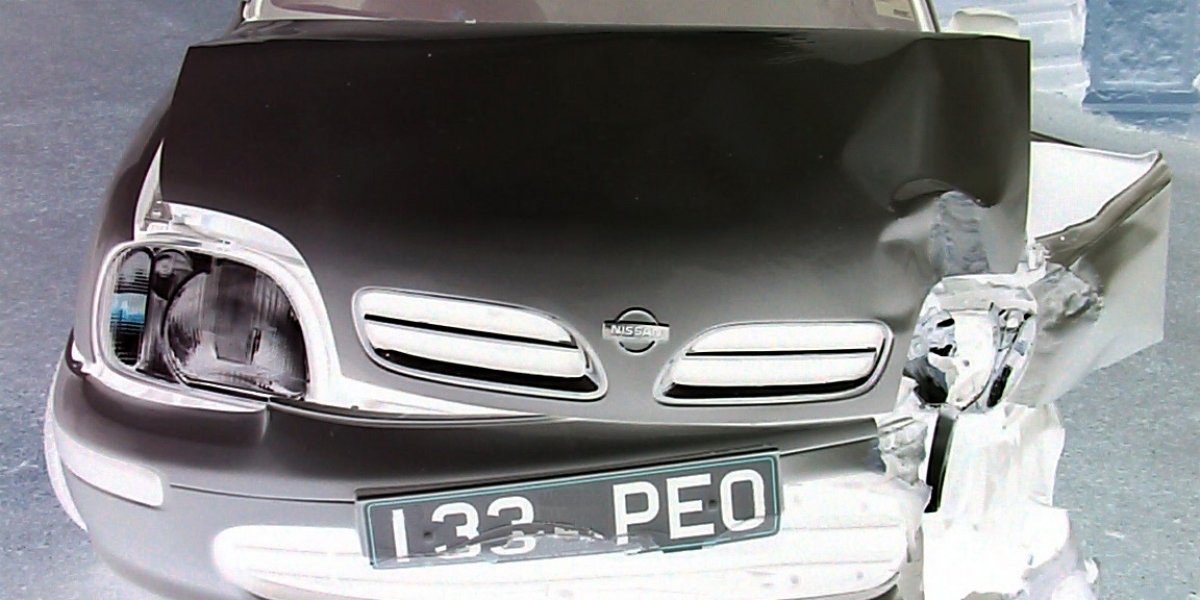In industries that operate under seawater and saline conditions, corrosion is one of the most persistent challenges. To combat this, engineers rely on components that combine strength, durability, and exceptional resistance to corrosion. Among these, the Copper Nickel Blind Flange stands out as a vital element in piping systems, particularly in marine, offshore, and desalination applications.
This blog explores what makes copper nickel blind flanges so effective, their advantages, and their common industrial uses.
What is a Copper Nickel Blind Flange?
A Copper Nickel Blind Flange is a solid disc used to close the end of a pipe or valve opening. Unlike other flanges, it does not have a central bore, which allows it to effectively stop the flow of fluids in a piping system. Copper-nickel alloys (commonly Cu-Ni 90/10 and Cu-Ni 70/30) are used to manufacture these flanges due to their outstanding resistance to seawater corrosion and biofouling.
Blind flanges made from copper-nickel alloys are highly valued in industries where piping systems are constantly exposed to moisture, chlorides, and saline environments. They also play a critical role in system maintenance, testing, and pressure control.
Key Benefits of Copper Nickel Blind Flange
Superior Corrosion Resistance
Copper-nickel alloys naturally resist corrosion caused by seawater, salt, and various chemical compounds. This makes them ideal for marine applications such as shipbuilding, offshore platforms, and desalination plants.Excellent Mechanical Strength
Copper Nickel Blind Flanges offer a perfect balance of tensile strength and ductility, allowing them to withstand high-pressure systems without deforming.Thermal Stability
These flanges maintain their structural integrity even under fluctuating temperature conditions. Their thermal conductivity ensures efficient heat dissipation in high-temperature pipelines.Low Maintenance
The anti-fouling nature of copper-nickel alloys prevents the growth of algae and marine organisms, minimising cleaning frequency and reducing long-term operational costs.Easy Fabrication and Welding
Copper Nickel Blind Flanges can be easily machined and welded with other piping components, ensuring seamless integration into various systems.
Applications of Copper Nickel Blind Flange
Because of their unique combination of corrosion resistance, strength, and thermal stability, copper-nickel blind flanges are used in several demanding sectors, including:
Marine Engineering: Used in seawater cooling systems, ballast systems, and ship hull piping.
Offshore Platforms: Prevent leaks and provide sealing in subsea pipelines exposed to harsh ocean environments.
Desalination Plants: Essential in pipelines that carry saline and brine solutions.
Power Generation: Used in heat exchangers and condenser systems where seawater is used for cooling.
Chemical Processing Plants: Suitable for transporting and sealing pipes carrying corrosive fluids.
Why Choose Copper Nickel for Blind Flanges?
Copper-nickel alloys are among the most trusted materials in marine and offshore engineering due to their natural resistance to seawater corrosion. The 90/10 (90% copper, 10% nickel) and 70/30 (70% copper, 30% nickel) compositions are the most common grades.
Cu-Ni 90/10: Offers high resistance to biofouling and moderate mechanical strength, suitable for general seawater applications.
Cu-Ni 70/30: Provides enhanced strength and erosion resistance, making it ideal for high-velocity fluid systems.
Their ability to resist stress corrosion cracking, pitting, and crevice corrosion gives them a distinct edge over stainless steels in seawater environments.
Conclusion
The Copper Nickel Blind Flange is a critical component for industries that demand high corrosion resistance and durability under harsh environmental conditions. Its combination of strength, thermal stability, and anti-fouling properties ensures long-lasting performance and minimal maintenance. Whether it’s for shipbuilding, desalination, or offshore pipelines, copper-nickel blind flanges offer a proven and reliable solution to achieve efficiency and safety in fluid control systems.
As industries continue to move toward sustainable and long-term materials, the demand for copper-nickel components — especially blind flanges — will continue to rise globally.








